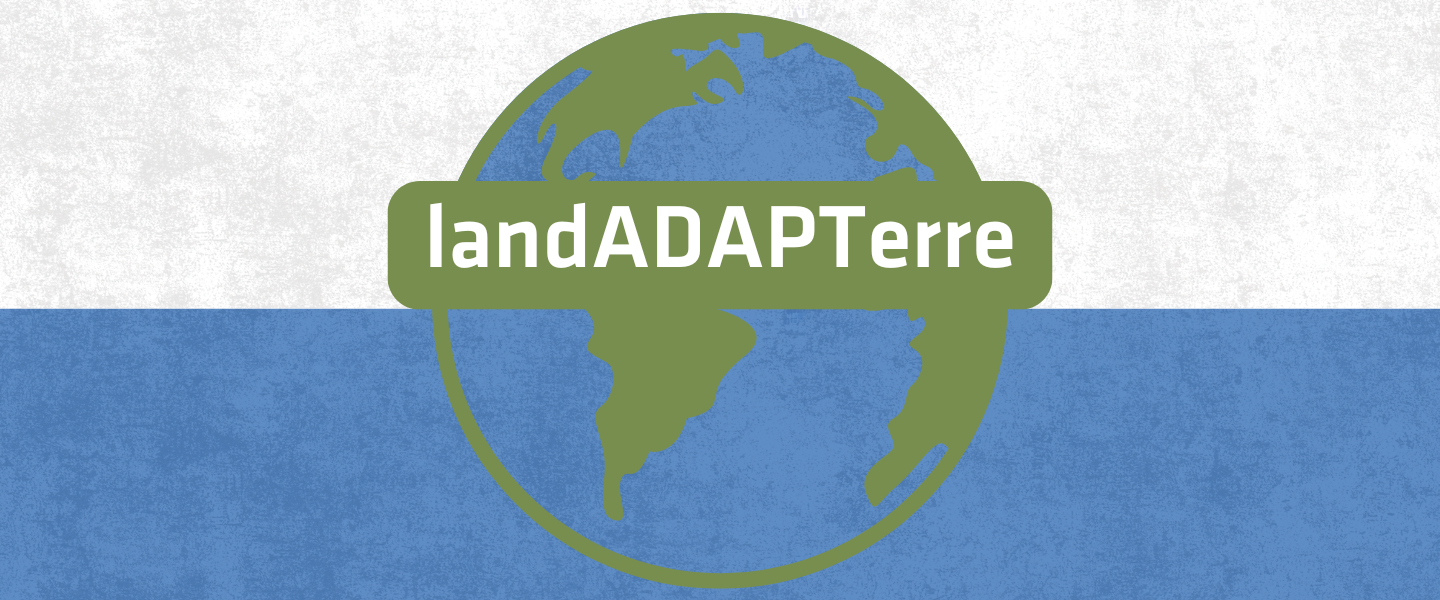
landADAPT: Landscape Architects Navigating and Designing for Adaptation is CSLA’s continuing education program designed to build capacity, develop tools, and foster dialogue on climate and biodiversity within the landscape architecture community. We are grateful for the support of Natural Resources Canada’s (NRCan) Climate Adaptation Program to run this program.
First year highlights
Our monthly webinars, featuring national and international speakers, covered themes ranging from carbon accounting, nature-based solutions and Indigenous perspectives on climate risk assessments. We engaged an average of 300+ attendees per webinar, reaching over 1,000 unique learners.
Did you miss a webinar? Don’t worry! The recordings are available on our website, and you can watch (or rewatch) them at any time. Closed captions are available in both English and French.
What’s Next for CSLA’s landADAPT?
- The 2025-26 webinar series will include panel discussions and case studies that showcase adaptation in action.
Watch our social media pages and monthly bulletin for announcements of upcoming events and register early to secure a spot!
See all upcoming webinars
- Visit our landADAPT Adaptation Case Study Series webpage to learn about the role of landscape architects in climate adaptation and biodiversity enhancing projects at all scales.
Go to the Adaptation Case Study Series
- The landADAPT Online Course, developed in collaboration with the Climate Risk Institute and CSLA volunteer members, will be launched in the fall/winter of 2025-26.
In the meantime, you can access the resources that have been used to support the development of the course, which have already been made available on the CSLA’s new resource library.
Browse the resource library
Learn more about the landADAPT program
The landADAPT program is an exciting new opportunity for the CSLA to support members’ professional development and to enhance advocacy work on climate action in landscape architecture practice and research. With the generous support of the Natural Resources Canada Climate Adaptation Program, landADAPT will address the target set for professions as described in the Canadian National Adaptation Strategy (NAS).
By 2027, 70% of the members of relevant professional associations (e.g., civil engineers, planners, landscape architects, accountants, and others) have the capacity to apply climate change adaptation tools and information and communicate the business case for adaptation measures to their clients or target audiences. (Government of Canada, National Adaptation Strategy, p. 29)
In 2023, 92% of landscape architects recognized their profession as impactful in climate adaptation, however only 17% felt “very well equipped” with the necessary competencies for implementing adaptation tools and strategies. Canadian landscape architects still have a long way to go to reach the 70% national target by 2027.
Learn more about the results of the NRCan’s State of the Professional Workforce Knowledge and Skills to Action Climate Change Adaptation Survey (2023) here.
For more information on the landADAPT program, to share relevant resources, or to make recommendations for webinar speakers, please contact Hope Parnham, CSLA Manager of Advocacy and Strategic Affairs at advocacy@csla-aapc.ca.
Supported by Natural Resources Canada’s Climate Change Adaptation Program.
